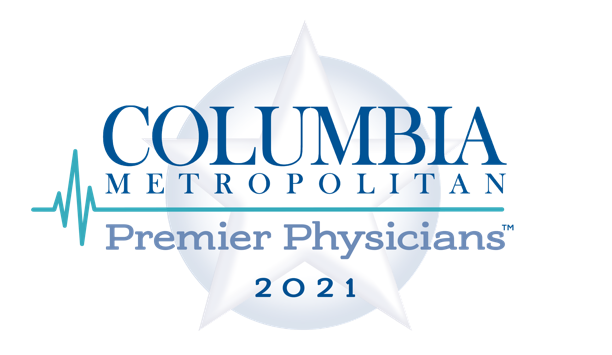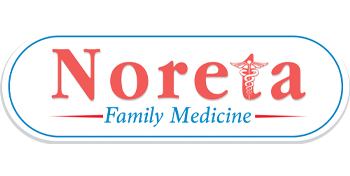Assembly-Line Medicine Part 4 – Insubordination and Entrepreneurship
Welcome back for Part 4 of Assembly Line Medicine blog series, my commentary on Ms. Devorah Goldman’s recent Wall Street Journal opinion piece titled, “The Doctor’s Office Becomes an Assembly Line.” You can read her very thoughtful article HERE. I am going to discuss insubordination by doctors in this blog post 😊

The most amusing part of Ms. Goldman’s article is that she mentions
“Doctors aren’t – or shouldn’t be — natural subordinates.”
In other words, we don’t always take direction from others well. I laughed at this, because we are indeed taught that we need to be decisive – making decisions quickly and accurately. I remember when I was in medical school, a fellow classmate and I stood facing a group of roughly 10 attending physicians and residents. They pelted us with rapid-fire questions (I believe the topic was blood clots) for what seemed like 20 minutes.
Thankfully the session ended with neither of us in tears, but afterwards, we found a secluded corner of the hospital and collapsed! This demonstrates the environment we were trained in. It certainly prepared me well for the even more intense experience of residency training.
What was one reason for the intensity of our training? It is to help you figure out if you enjoy treating patients in the intense environment of the ER, ICU, etc. or if you prefer the (usually!) calmer environment of a doctor’s office. Hospital business administrators do not go through the same intensity of training and in fact, may not have had any experience directly taking care of patients. This is just one reason why doctors and administrators often clash when discussing how to take care of patients. Doctors look like insubordinates because their expertise is in keeping patients alive; getting paid for doing this is a secondary concern. Money talks though, and the administrators often win out, thus acting as puppeteers for patient care decisions. This again demonstrates my point from Part 3 of this blog series – medicine is not purely a business, nor is it purely a service.
Unfortunately, I did not have one single business class in medical school, and to my knowledge it is not standard at any medical school to provide this type of education. I believe the lack of business training makes doctors feel like we are at a disadvantage. Therefore, doctors often find it easier to remain in jobs that are frustrating and in which they are unhappy but have administrators to take care of the finances. I know you’ve come across these doctors before — I certainly have! Unless they were lucky enough to grow up with a family member who owned their own practice or owned a business, I believe medical students, residents, and practicing physicians are much less likely to feel they have enough business knowledge to run a successful private practice. This does not bode well for the number of private practices that will exist in the future (see Part 2 of my blog series for my opinion on this topic). However, what doctors may fail to realize is that business training doesn’t need to be as intense as medical training was, especially if they are opening a Direct Primary Care (DPC) private practice. DPC simplifies the medical practice business model by not filing insurance claims. Physicians have the best chance to succeed in our mission when we are able to make business decisions that allow for excellent patient care within a private practice.
It turns out there is a lot of help for entrepreneurs. While becoming a doctor was a difficult road with little flexibility, becoming an entrepreneur is very different. Many businesses owners are willing to share their knowledge. There are also quite a few organizations that are specifically set up to help entrepreneurs. While learning through trial and error is not acceptable in the medical field, it is applauded in the field of business, and I continue to learn this lesson every day. Ideally though, medical students would be offered an option to learn some business skills in their curriculum. My lack of exposure to the business side of medicine throughout my education as well as the lack of business role models caused me to never consider the possibility of opening my own practice until I realized that I had no other choice.
Up Next: Assembly Line Medicine Part 5 – The Bottom Line
Melissa Boylan MD, FAAFP
Family Physician and Owner of Noreta Family Medicine
NoretaFamilyMed.com

